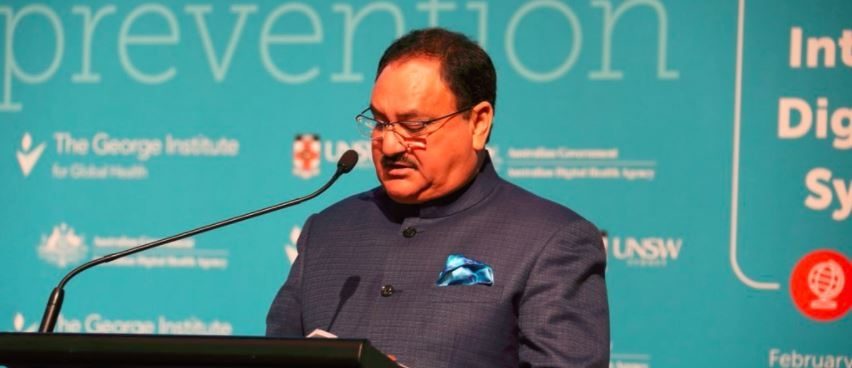
International Digital Health Symposium brings leaders together
Digital health leaders from around the globe met at the inaugural International Digital Health Symposium in Sydney to learn from different global approaches to digital innovation that are inclusive, evidence-based, and support sustainable, high quality health and care.
The leaders discussed the global advancement of digital health policy, how digital health can support clinical quality and safety, challenges in healthcare interoperability, data sharing for health systems improvement, and building the evidence base for digital health benefits. The management of global public health priorities, new approaches to disease prevention, and maximising the benefits of precision medicine were also discussed.
The symposium was hosted by the Australian Digital Health Agency, The George Institute for Global Health, and UNSW Sydney and attracted leaders from thirteen countries together with colleagues from Hong Kong SAR, the World Health Organization (WHO), industry, universities, clinical medicine, and civil society.
The George Institute for Global Health Principal Director and Co-Founder Professor Robyn Norton AO said the symposium was a landmark event in support of its mission to develop practical solutions to improve global population health.
“The 21st century offers incredible opportunities to transform healthcare through technology and data. By bringing together government, academics, and industry, this symposium will help strengthen health systems and improve the lives of billions of people,” Professor Norton said.
Shri J P Nadda, Union Minister for Health and Family Welfare spoke on the topic, 'The role of digital health in supporting improved health outcomes in India.' He said:
“Digital health has great potential towards reducing inequity in provisioning and distribution of healthcare resources and services and it can greatly facilitate proactive treatment for disabled patients, children with developmental delays and deformities and people suffering from mental health illnesses and for those suffering from stigmatic infections such as HIV/AIDS, leprosy and tuberculosis.”
Australian Digital Health Agency CEO Tim Kelsey said that Australia and its international partners can learn from each other and share information about what has worked in their health settings to support best use of digital technology in modern healthcare.
“We are privileged to learn from our Australian and international visitors leaders in digital health innovation. The symposium is an opportunity for collaboration in the ever-evolving sphere of digital health and will help us to solve our own challenges and contribute to the advancement of health and care for the world’s citizens,” Mr Kelsey said
UNSW Sydney President and Vice-Chancellor Professor Ian Jacobs said that the symposium’s objectives matched UNSW’s commitment to developing new ideas, sharing knowledge, and debating research outcomes on an Australian and global level.
“UNSW places healthcare of Australians as a top priority and we look forward to continuing to support and contribute to the research, analysis, and advocacy of digital technology that will lead to better ways to help consumers and providers improve healthcare outcomes,” Professor Jacobs said.

